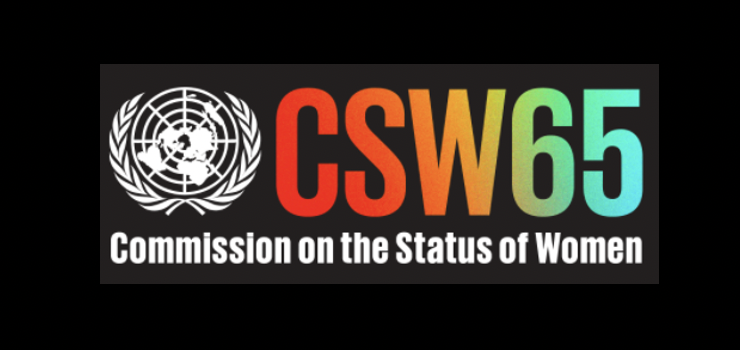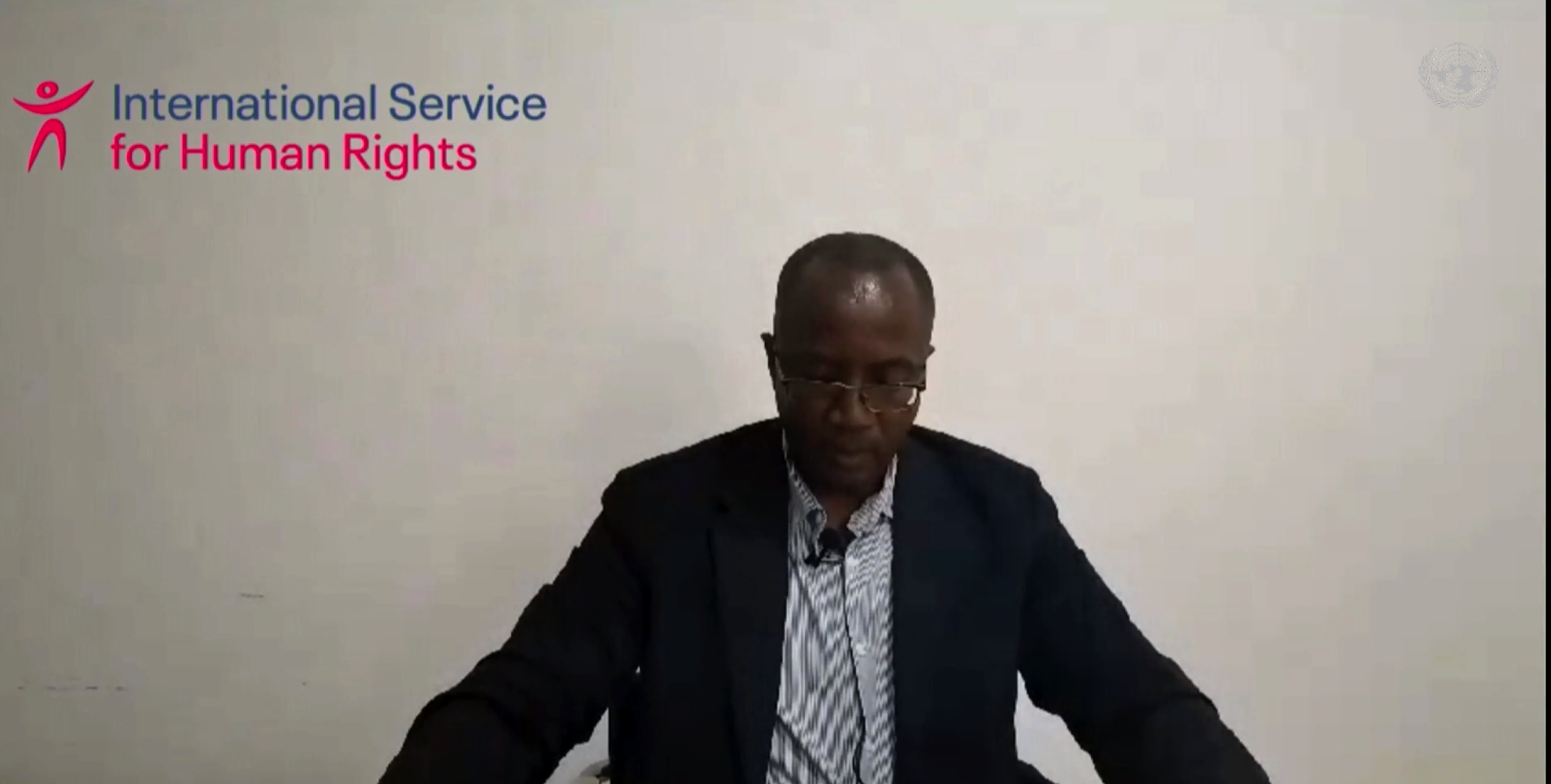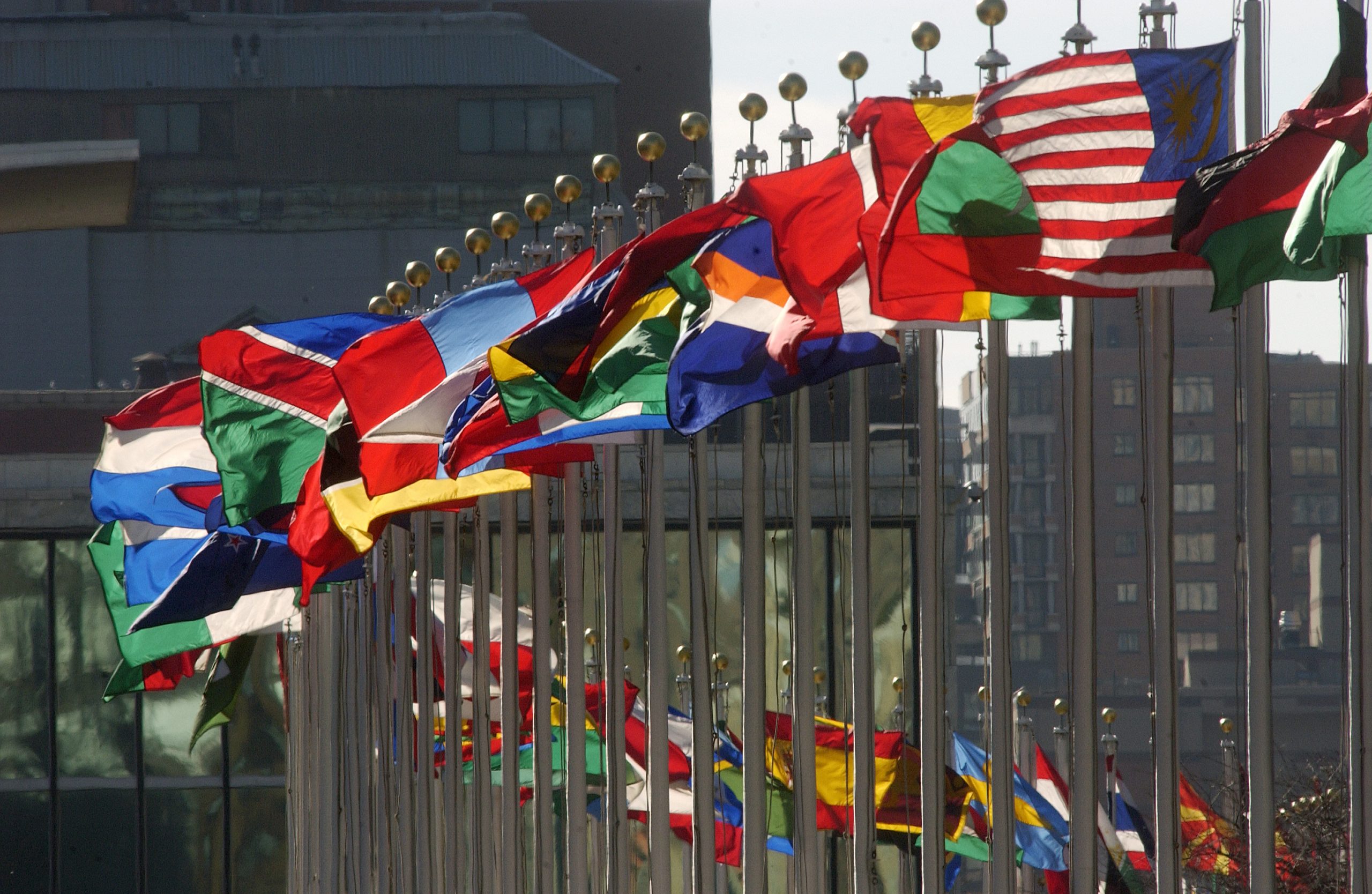ISHR, as part of the Women’s Rights Caucus (WRC) — a global coalition of more than 200 feminist organisations, networks, and collectives that advocates for gender equality at the UN — advocated throughout the negotiation process for the CSW outcome text to:
-
Recognise the important work of women’s human rights defenders, and end impunity for threats, harassment, killings, and reprisals against them.
-
Be inclusive of experiences of all women, regardless of sexual orientation, gender identity, disability, employment, HIV status, race, financial or social status, as well as those who are migrants, internally displaced, or indigenous;
-
Uphold sexual and reproductive health and rights;
-
Uphold women and girls’ economic justice;
-
Recognise diverse and various forms of families which exist around the world;
-
Recognise different forms of gender-based violence and intersectional discrimination including racism, homophobia, transphobia, denial of access to sexual reproductive health care services; and
-
Support representation of all women in the women, peace and security agenda of the UN;
The WRC welcomes the adoption of the agreed conclusions and the renewal of a global commitment to achieving inclusive gender equality. The consensus shows multilateral support to advance the human rights of all women and girls.
Despite pushback from regressive governments, the WRC welcomes several key areas of progress, including explicit calls for:
-
Recognition of opportunities and threats posed by online platforms which have enabled women’s and girls’ participation and access to decision-making spaces, but need further measures to ensure that women and girls can use those spaces without threats of violence and harassment.
-
New commitments to address the gendered impacts of COVID-19, particularly among women and girls who experience multiple and intersecting forms of discrimination, and to take stronger action to mitigate them.
‘Despite some progress, we are disappointed that despite sustained and substantial efforts by civil society and various States, there was no progress made in relation to langauge on women human rights defenders. This is particularly disappoining given the theme of this CSW – women in public life – equal participation in decision making,’ said ISHR’s Tess McEvoy.
Increasing challenges to civil society participation
The WRC is also concerned about increasing challenges to civil society participation in the CSW and other UN spaces, which were amplified by COVID-19 restrictions. The continuing problem of shrinking civil society participation was even more visible this year due to the virtual nature of CSW. Civil society represents communities on the ground and is a crucial source of information as well as a watchdog keeping States accountable for their commitments.
Attacks on human rights language
However, despite progress, a number of States and anti-rights actors continue to disrupt constructive and plural dialogue with attacks on human rights language and opposition to truly advancing a gender equality agenda. This year we saw anti-rights actors infringe on many side and parallel events, using discriminatory language and disruptive tactics in an attempt to co-opt, distort and undermine our rights. We are particularly outraged by the intensified anti-trans rhetoric and mobilisation. UN Women and NGO-CSW must ensure a safer space for all during the CSW, especially communities and movements that have historically experienced marginalisation and violence.
While we are encouraged by the international community reconfirming its commitment to gender equality, commitments need to be backed by action. The WRC calls on States to ensure that commitments are followed by swift action and mobilisation of public resources.
Contact: Tess McEvoy, [email protected]
Photo: Screenshot of CSW2021 logo




